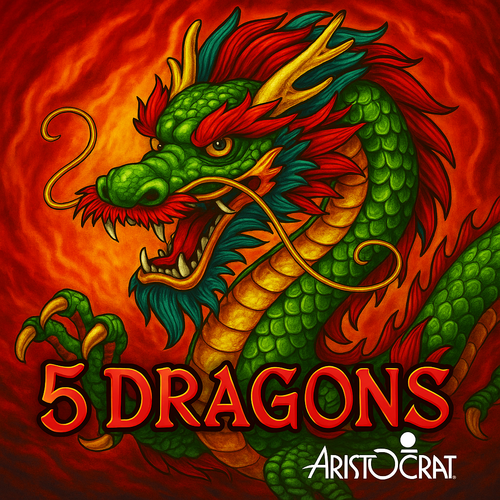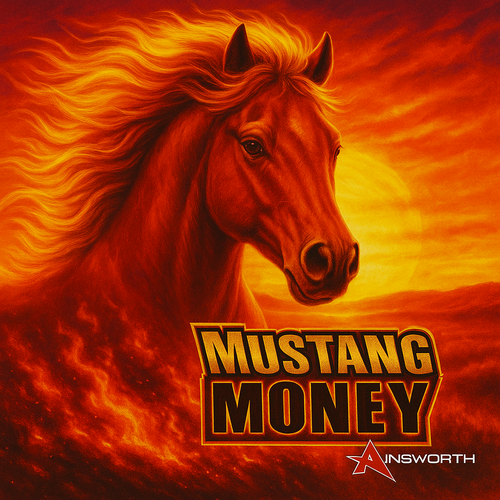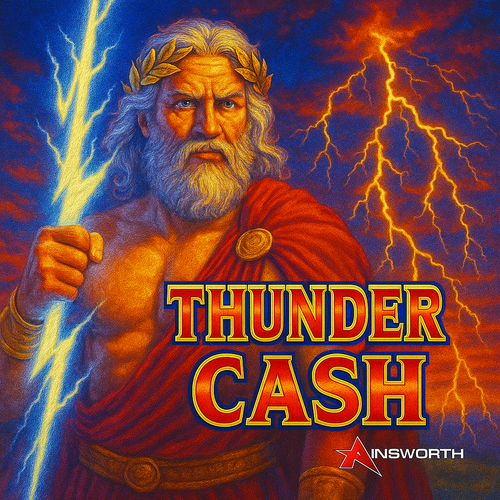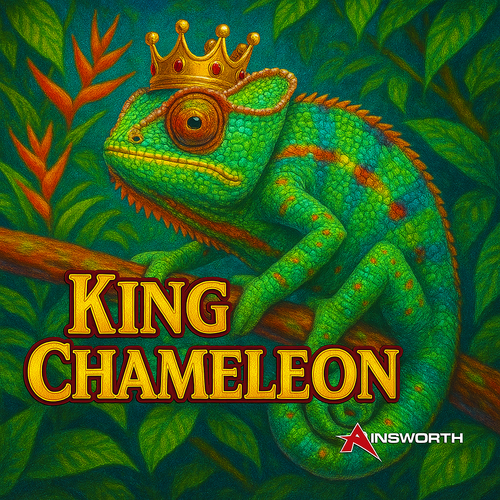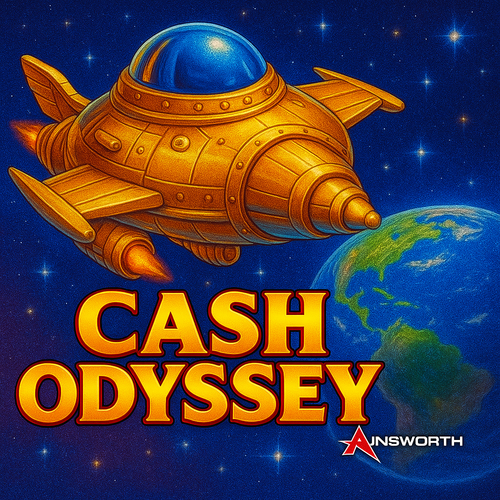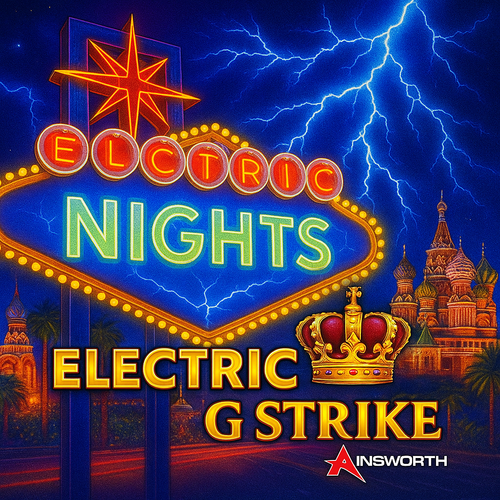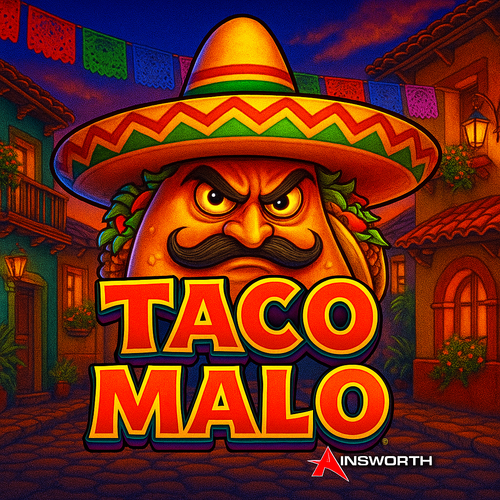Progressive and fixed jackpots in slots
Introduction
The jackpot is the top prize in the machines, providing a large payout to the player. There are two basic types of jackpots: fixed, the size of which is predetermined and does not change, and progressive, which grows due to the share of bets of many players. In this article, we will analyze both formats in detail, compare their advantages and disadvantages, and also give recommendations on choosing a slot taking into account personal goals and budget.
1. Fixed jackpot
1. 1. Mechanics of work
Pre-set prize size: the jackpot amount is stitched in the slot software and remains unchanged until the moment of winning.
Payout sources: all payouts are formed from the RTP (return to player) and house edge of the machine; most of the casino's revenue is spent on providing many small and medium-sized payments.
1. 2. Advantages and disadvantages
Pros:- Transparency: You know how much you can win.
- Stability: No sudden changes to the prize pool.
- Frequent winnings: Standard fixed jackpot slots typically offer a higher frequency of small and medium payouts.
- Limited maximum gain: the size is set rigidly and rarely exceeds 1,000-10,000 conventional units.
- Lack of "explosive" payments: emotions are lower compared to progressive slots.
1. 3. Examples of popular slots
Starburst (NetEnt): Classic slot with fixed maximum winnings × 500 bets.
Gonzo's Quest (NetEnt): Up to × 2,500 bets when all characters match.
2. Progressive jackpot
2. 1. Mechanics of work
Accumulative fund: part of each bet of all players participating in the slot network is deducted to a single "piggy bank."
Network or local:- Network: the jackpot is growing due to bets by players on several slots at once in different casinos.
- Local (standalone progressive): accumulations only inside one machine or hall.
- Payment trigger: the one who is lucky enough to catch a special combination or activate a bonus game wins.
2. 2. Fund size and growth
Growth rate: depends on the percentage of the rate (usually 1-3%).
Minimum guarantee: often the jackpot starts at the base amount (for example, €10,000) and increases to hundreds of thousands and millions.
World-class highs: Microgaming's Mega Moolah reaches over €10,000,000.
2. 3. Odds of winning
Low probability: Odds are often 1 in millions or even tens of millions of spins.
High volatility: Long periods without winnings alternate with single large payouts.
2. 4. Advantages and disadvantages
Pros:- The ability to get the amount of life even at a small rate.
- Vivid emotions and hype around the growing jackpot.
- Extremely low chances: most of the bets go to the formation of the fund, the RTP of the base game may be lower.
- Big losses in the long run if you chase exclusively the jackpot.
3. Progressive vs fixed jackpot comparison
4. How to choose the right slot
1. Objective of the game:- If stability and frequent payouts are important, choose fixed jackpots.
- If you dream of a mega-payment and are ready to take a chance - progressive.
- For long sessions, a fixed jackpot slot with moderate volatility is suitable.
- With a limited budget, you can play a couple of rounds in a progressive machine, but without an all-or-nothing bet.
- Pay attention to real winning stories and the last payout period.
- Remember, the big progressive slot chains often advertise jackpots, but the odds remain minimal.
5. Practical recommendations
Set limits. Never bet more than you're willing to lose.
Alternate slots. Combine fixed machines for "warming up" and a couple of attempts at progressive for excitement.
Watch for growth indicators. Some casinos display the sum of the current progressive jackpot; playing at peak highs may be more appealing.
Use bonuses. Free spins and bonus credits will help you try different types of slots at no extra cost.
Conclusion
Fixed and progressive jackpots represent two opposing strategies of the game: the first for lovers of stability and moderate winnings, the second for hunters of record payments and sharp emotions. The right choice depends on your budget, risk preferences and goals. Understanding the mechanics of each type of jackpot will help you build an optimal strategy and enjoy the game.








